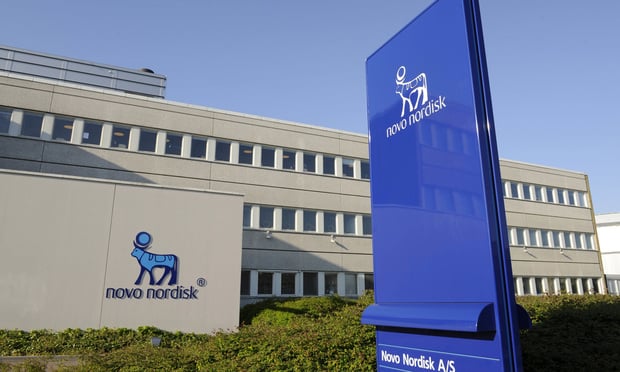Voters in Maine on Tuesday approved a ballot initiative to expand the state’s Medicaid program under the Affordable Care Act, the first U.S. state to do so via ballot. But it's too soon to celebrate just yet. Maine's Republican governor Paul LePage announced today that his administration would not expand Medicaid, until the state finds a way to fund the expansion.
"My administration will not implement Medicaid expansion until it has been fully funded by the Legislature at the levels [the Department of Health and Human Services] has calculated, and I will not support increasing taxes on Maine families, raiding the rainy day fund or reducing services to our elderly or disabled,” Governor LePage said in a statement.
Reuters reports that while Republicans have been busy trying to repeal and replace the ACA, Maine’s own moderate Republican senator Susan Collins helped to thwart their efforts, voting with John McCain, R-AZ and Lisa Murkowski, R-AK against an effort that was a must-pass for Republicans if they were to be able to kill the ACA by September 30. That won some withering comments from the White House for all three senators.
Maine is the first U.S. state to approve Medicaid expansion by ballot initiative, and is one of only 19 states that did not expand Medicaid under the Affordable Care Act. Voters were very much in favor of the action, with the Bangor Daily News reporting that about 60 percent of voters in the state approved the ballot initiative.
Voters were asked on the ballot to approve or reject a plan to provide health care coverage under Medicaid for adults under the age of 65 with incomes at or below 138 percent of the federal poverty level. In 2017, that amounts to approximately $16,000 for a single person and about $22,000 for a family of two.
About 70,000 residents of the state would be eligible for the program, when and if state officials certify the results of the election, the report said. It’s possible, according to the Bangor Daily News, that lawmakers could vote to repeal or alter the referendum—something they’ve done recently for several citizen-initiated referenda.
LePage has strenuously opposed any expansion of federal health care insurance and has vetoed legislation to do so on several occasions.
“It is now the responsibility and the duty of the governor and the legislature to fully and faithfully implement this law,” Sara Gideon, the state’s speaker of the house, said in a statement, vowing that the legislature would fight the governor's intervention. “Any attempts to illegally delay or subvert this law will not be tolerated and will be fought with every recourse at our disposal. Mainers demanded affordable access to healthcare yesterday, and that is exactly what we intend to deliver."
The Bangor newspaper said that the legislature’s Office of Fiscal and Program Review in Maine estimated that expansion of Medicaid would cost the state about $55 million and bring in about $525 million of federal money to the state each year.
© 2025 ALM Global, LLC, All Rights Reserved. Request academic re-use from www.copyright.com. All other uses, submit a request to asset-and-logo-licensing@alm.com. For more information visit Asset & Logo Licensing.







